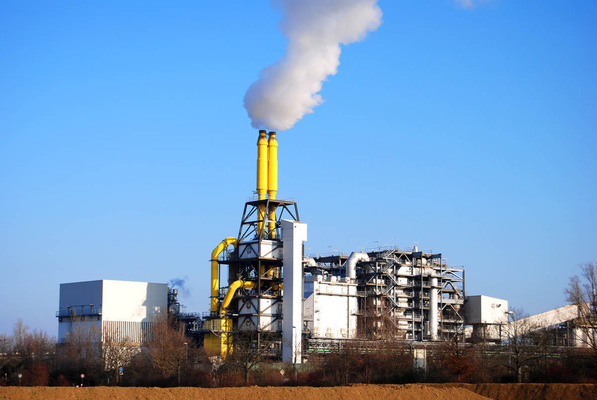Waste-to-Energy (WTE)
Waste-to-Energy (WTE) is the process of generating energy in the form of electricity and/or heat from incineration of waste. The waste is burned at high temperatures under carefully controlled conditions. Residual waste becomes a fuel, in much the same way as traditional fuel as wood, coal and gas.
WTE plants are designed to incinerate unrecyclable Municipal Solid Waste (MSW) as well as other accepted industrial or commercial waste. They also simultaneously recuperate the energy and clean the gases generated by the combustion.
Energy from waste in all its forms already accounts for 1.5% of the UK’s electricity supply. Subjected to strict emission regulations, WTE plants have the lowest emission rates in the industrial sector. Waste-to-Energy has an important role to play for residual waste, since it is a preferred alternative to landfilling.
OSL is committed to work in sustainable energy projects. Therefore, we apply Creative Thinking to understand and deliver innovative solutions to challenges associated with WTE.
